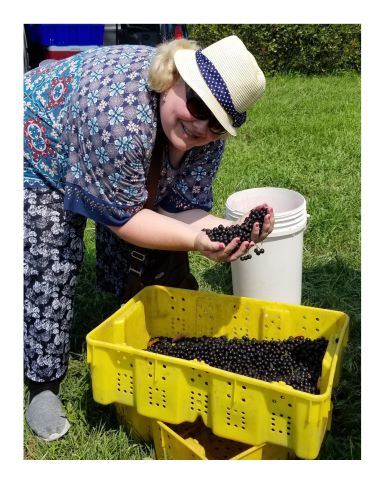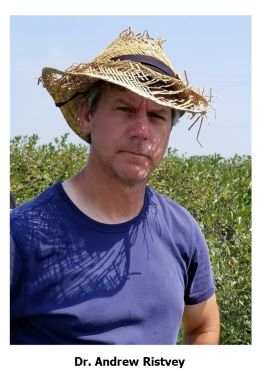
Federal funding will support effort to diversify food, agriculture professions
Friday, May 22, 2020
A University of Maryland Eastern Shore researcher has received a $474,500 grant from the National Institute of Food and Agriculture (NIFA), to underwrite a program that will introduce minority students to career opportunities in food, agriculture, natural resources and human sciences.
Chemistry professor Victoria Volkis and Dr. Andrew Ristvey, a University of Maryland College Park colleague, will train a total of 30 “Research and Extension Experiential Learning for Undergraduate” fellows over the next five summers.
Those participants, Dr. Volkis said, will spend 10 weeks each summer engaged in “novel horticultural … studies using high-value specialty crops (with) unique phytochemical characteristics, cultural management, processing and nutrient preservation aspects, including soil analysis, agricultural statistics, scientific sampling and outreach to local farmers.”
The goal, she said, is using hands-on learning activities with students majoring in chemistry, biology, environmental sciences and technology to demonstrate the potential of high-tech agriculture careers.
“These techniques have proven to be powerful tools to increase student’s awareness, involvement into studies, leadership and critical thinking abilities,” Dr. Volkis said.
Working in Volkis’ UMES lab and at the Wye Research and Education Center in Queen Anne’s County, three-member interdisciplinary teams will address a primary research initiative in the 2018 federal Farm Bill: “Plant Health and Production and Plant Products.” It also will address, indirectly, “Agricultural Economics and Rural Communities,” another legislative priority, she said.

NIFA-funded plant and plant product programs are federal initiatives designed to provide better understanding of how plants grow, how to improve productivity and how to use them in new ways. The grants also support education programs, such as Master Gardeners and the eXtension program, which bring science-based information about growing plants to the public.
The “Agricultural Economics and Rural Communities” priority area aims to promote prosperity and economic security for individuals and families, farmers and ranchers, business owners and consumers, all of which are considered “vital to a strong economy.”
NIFA’s research, education and extension programs help people “make sound financial management decisions, discover new economic opportunities, develop successful agricultural and non-agricultural enterprises, take advantage of new and consumer-driven markets and understand the implications of public policy on these activities.”
Student progress will be evaluated and counseled on graduate study opportunities, leadership training and professional development, Dr. Volkis said. The project’s goal is to create a model that can be replicated in other institutions across the country for creating specialists well-prepared for high-tech agricultural careers.
Gail Stephens, Agricultural Communications and Media Associate, UMES Extension/School of Agricultural and Natural Sciences.

